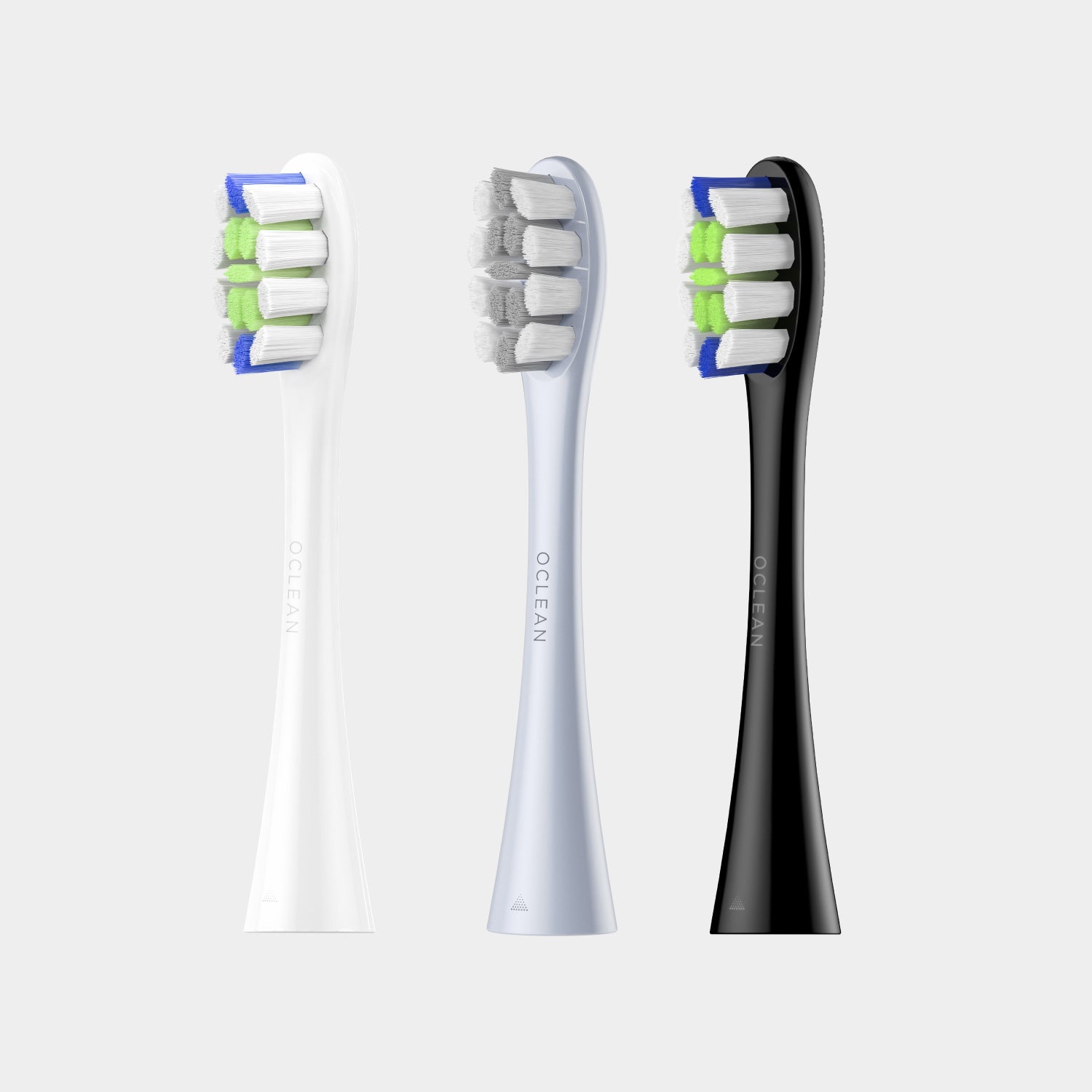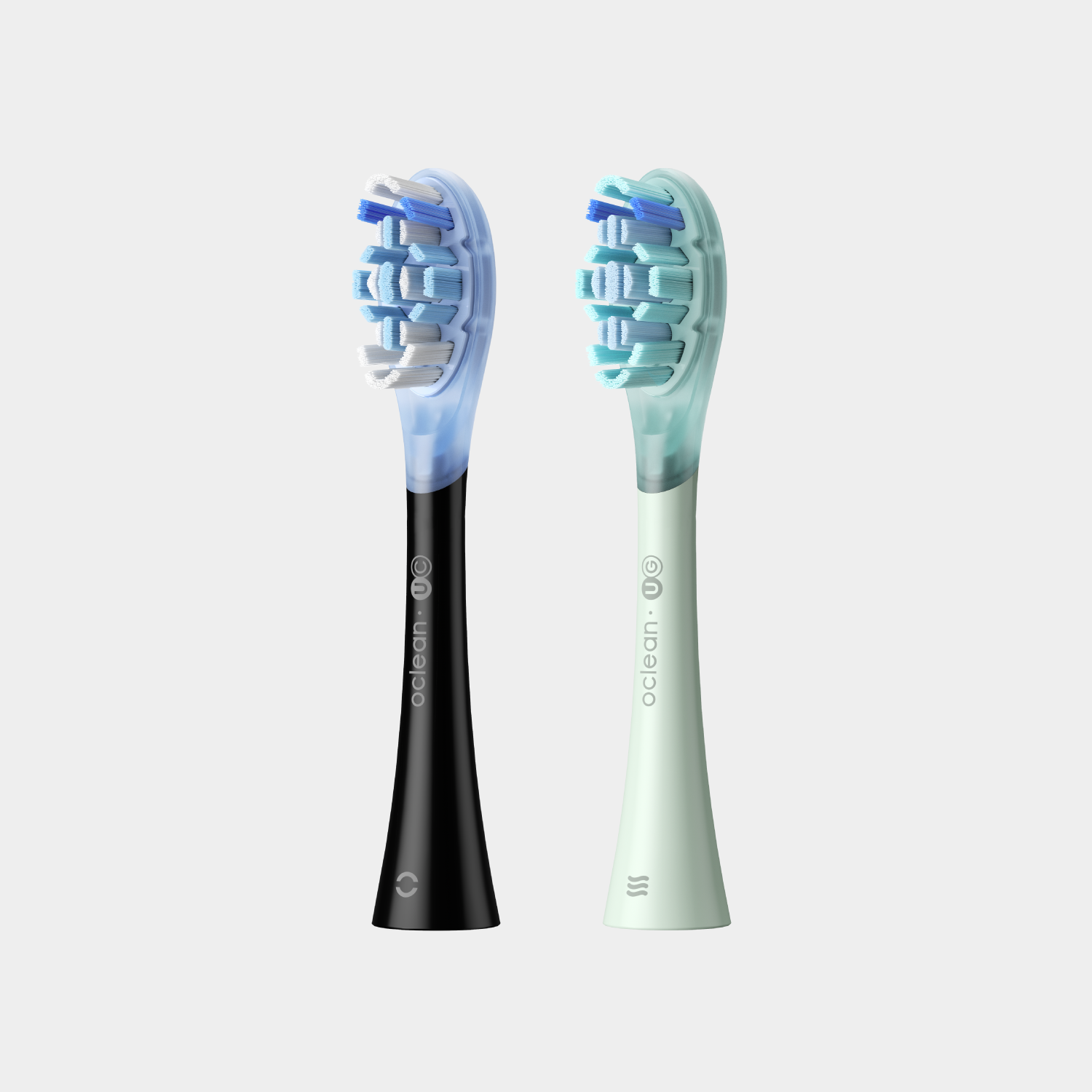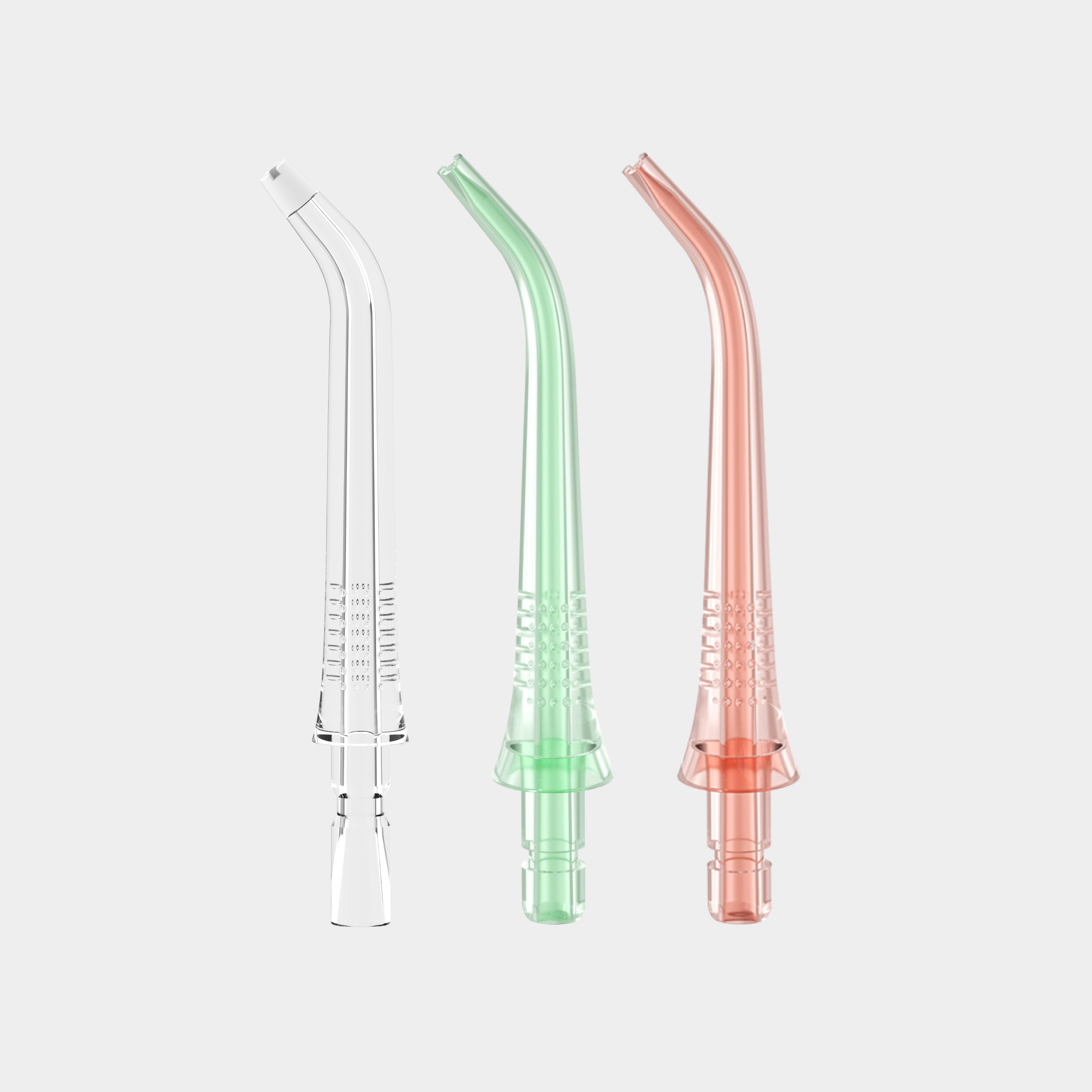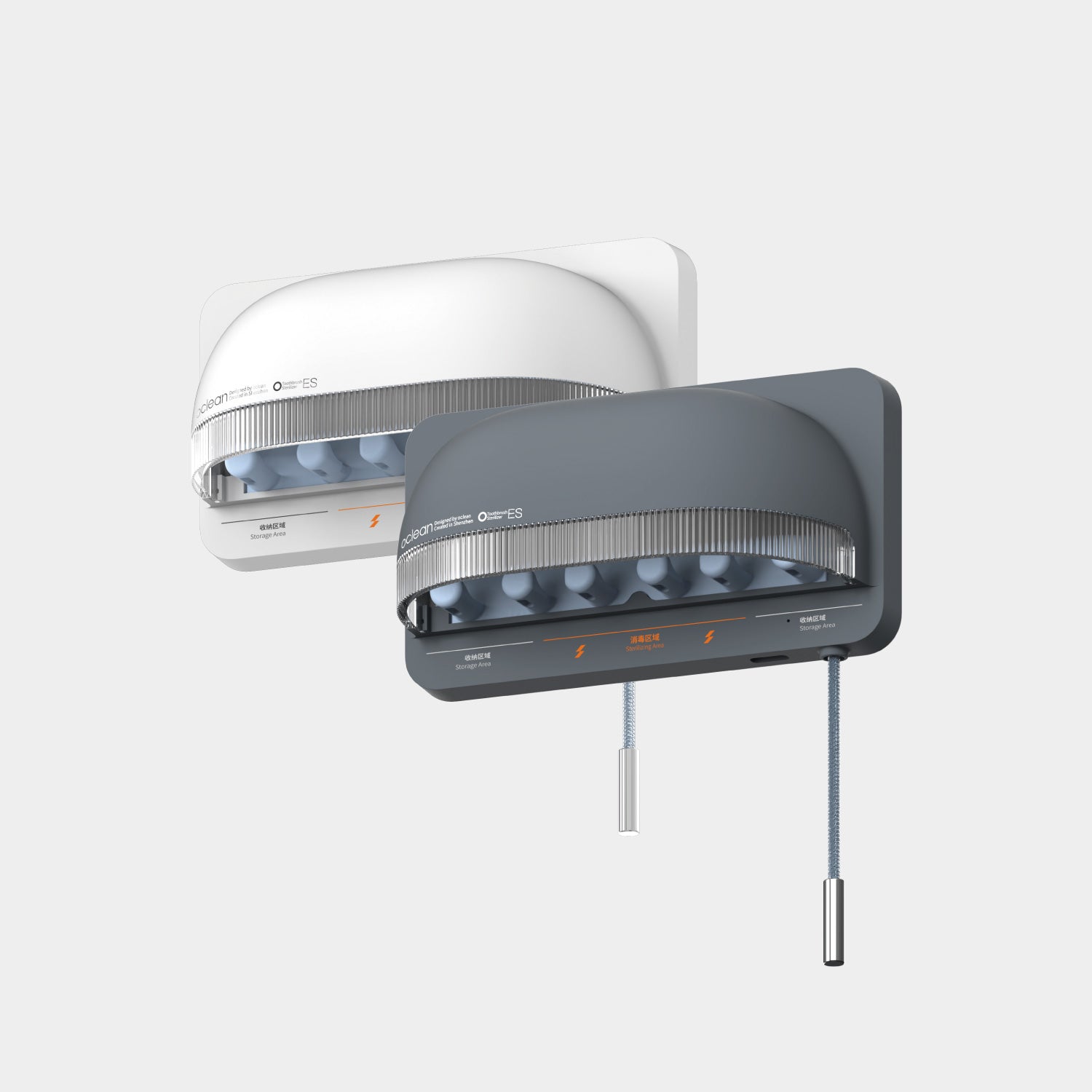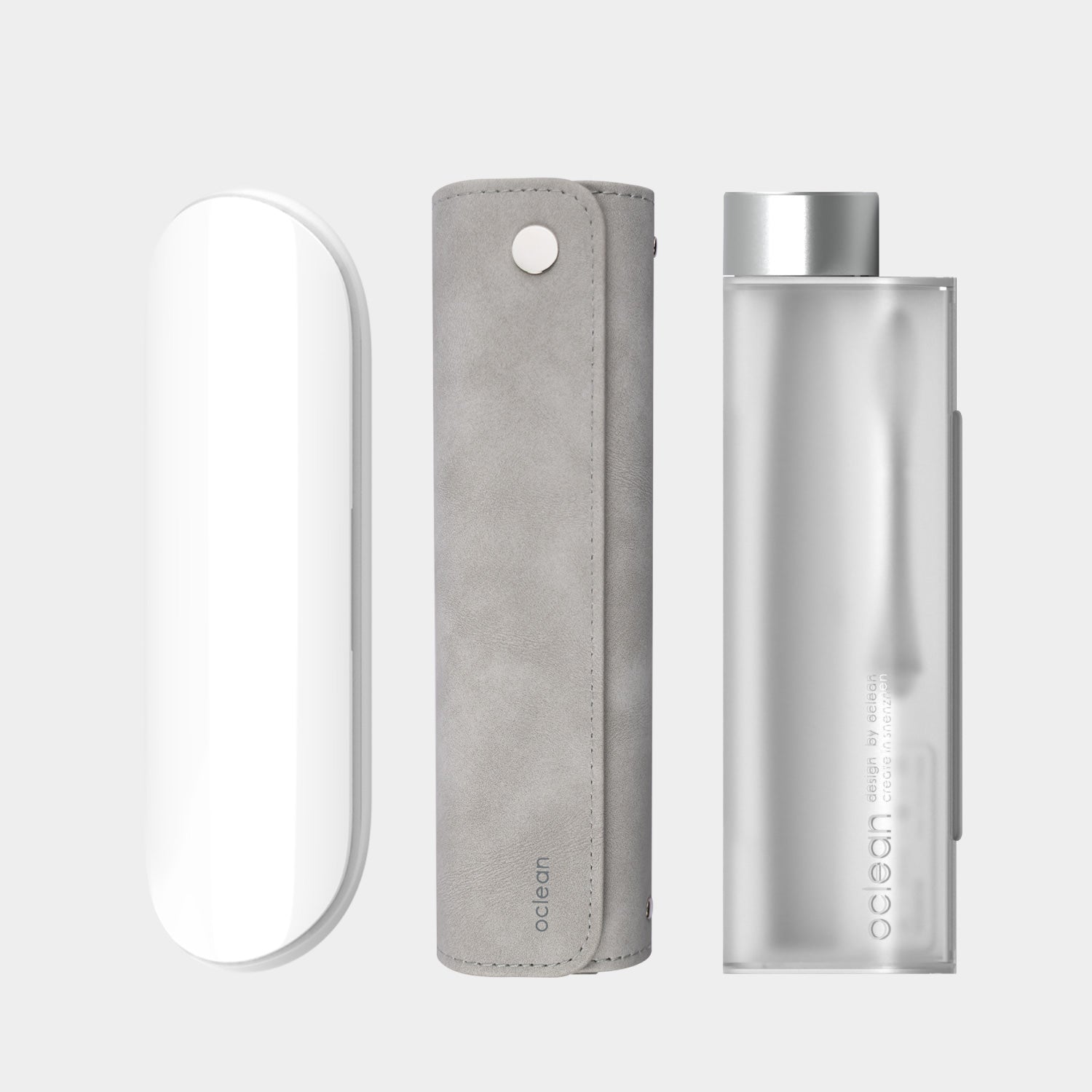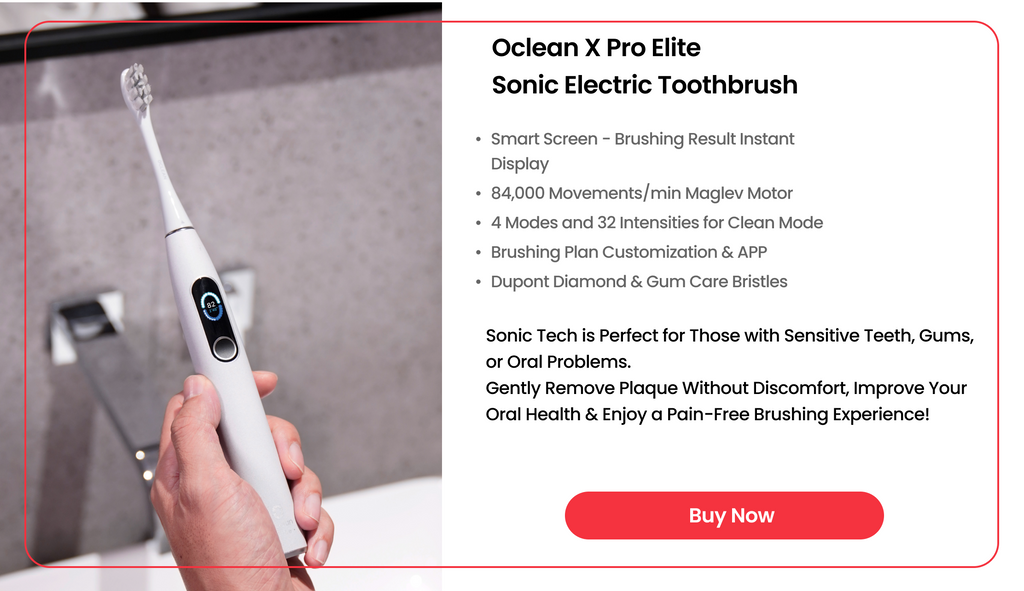Replacing Toothbrush: A Definitive Guide
The habit of brushing is something that can do wonders. It will keep your teeth healthy and will also prevent malodor. A device of usage loses its efficacy over time and thus requires replacement. Likewise, manual and electric toothbrush need replacement after a certain usage period.
When did you last replace your toothbrush… 3 months ago, 6 months ago, or a year ago?
How often should you replace your toothbrush?
It would help if you replaced your toothbrush every 3 to 4 months, as recommended by the American Dental Association (ADA). In addition to the recommended replacement time, two other things must be kept in mind.
1. Splayed Bristles:
If the bristles of your toothbrush are out and apart, it's time you change your toothbrush. This is because clinical research shows that splayed bristles equal less plaque removal. More plaque equals more bacteria, which leads to gum disease and carious lesions.
2. Following recovery from illness:
The spectrum of bacteria varies from person to person. If you've recovered from an illness, you must replace your and your loved ones' toothbrush with a new one. This is critical to preventing the spread of microbes, especially staphylococcal and streptococcal species.
How often should you change your electric toothbrush head?
If you're a user of a sonic electric toothbrush, then you must replace your brush head like you would replace a manual toothbrush. One thing, however, must be kept in mind, i.e., you might have to replace it earlier. This is because the bristles of a brush head are shorter, so they're subject to rapid wear. Thus, they fray faster.
As discussed above, another reason for replacing your brush head is after recovering from an illness.
Dentists take on toothbrush replacement:
Renowned dentists of New York like Dr. Arbeitman believe that the time for toothbrush replacement is arbitrary. It depends on how often a toothbrush is used. One way you can check the effectiveness of your toothbrush is to follow three baby steps:
1. Brush your teeth on all sides.
2. After the brushing is complete, swipe your tongue past the front teeth.
3. In doing so, if you feel roughness on your teeth, then this is a sign your toothbrush requires replacement.
What happens if you don't change your toothbrush?
Toothbrushes and brush head gradually wear away with each use. A study published in the National Library of Medicine proves that plaque remains on the tooth surfaces of individuals using a worn-out toothbrush. The greater the level of bristle fraying, the greater the plaque on teeth. This will eventually result in the following:
1. Tooth Decay:
Plaque retention is directly proportional to dental decay. The increase in plaque accumulation results in favorable conditions for bacterial growth, especially streptococcus, actinomycetes, and lactobacillus – the enemies of teeth. These bacteria result in carious lesions, thereby contributing to dental decay.
2. Growth of Fungus:
Mold can grow on the base of your brush head if it is not replaced. This mold usually appears black in color. A foul smell can also be noticed in place of a black-colored fungus. It would help if you discarded your toothbrush as soon as you noticed one of the two.
3. Gingival and Periodontal disease:
As mentioned earlier, worn-out toothbrush results in more microbial growth and plaque retention. Plaque can induce gum disease, namely gingivitis. Inflammation of gums can progress to periodontitis. This can result in tooth mobility and ultimately lead to tooth exfoliation. Thus, it would be best to replace your brush or brush head as soon as its bristles are out and apart.
Bottom line:
ADA recommended time for toothbrush replacement is 3 to 4 months. The same holds for brush heads (for users of a smart toothbrush). However, according to dentists, the time for toothbrush replacement is arbitrary and depends on how often a toothbrush is used. Next time you notice frayed bristles, it's time you should replace your toothbrush or brush head with a new one.
*Cover image from Freepik@benzoix, we will delete it if constitutes infringement *
Related Readings:
Can You Bring an Electric Toothbrush on a Plane
How Many Calories Are in Toothpaste
What Happens if You Swallow Toothpaste
Are Charcoal Toothbrushes Safe






















































